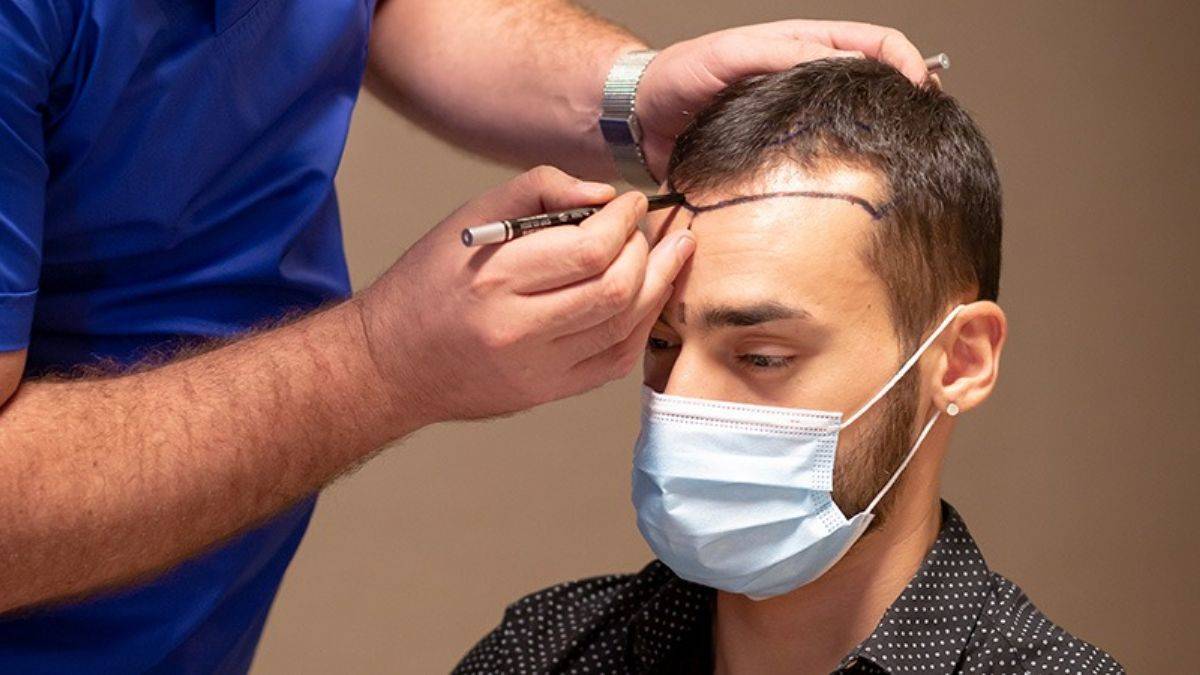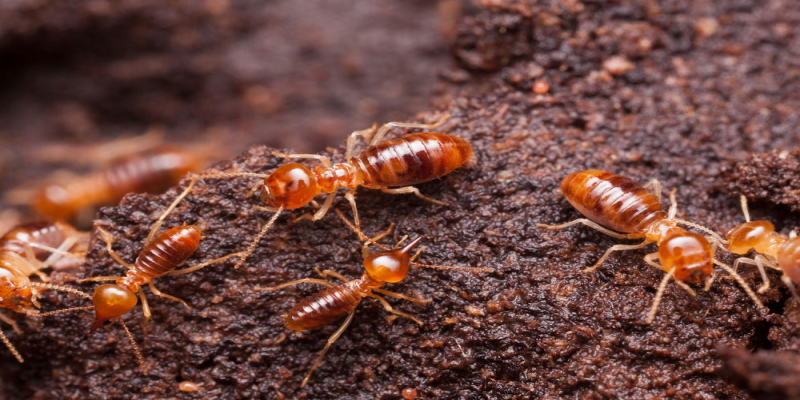How Biotin Supplements Help After Hair Transplant

Hair transplants are widely regarded as one of the most effective solutions for combating hair loss. They offer natural-looking, long-lasting results, particularly when performed by experienced professionals. Many individuals undergoing a Hair Transplant in Islamabad often look for ways to boost their recovery and enhance their results. One of the most recommended post-surgery supplements is biotin, a water-soluble B-vitamin that plays a crucial role in maintaining healthy hair, skin, and nails.
But what exactly does biotin do? And how does it support your newly transplanted follicles after surgery? In this blog, we will explore the role of biotin supplements in post-transplant care, their benefits, and things to keep in mind when adding them to your recovery plan.
What Is Biotin?
Biotin, also known as Vitamin B7, is an essential nutrient that supports various metabolic processes, particularly those involving amino acids and fats. It’s naturally found in foods like:
-
Eggs
-
Nuts and seeds
-
Whole grains
-
Bananas
-
Avocados
-
Sweet potatoes
Despite its availability in food, many people opt for biotin supplements to promote hair health, especially during periods of hair thinning or recovery from procedures like hair transplants.
Importance of Nutrition After a Hair Transplant
After a hair transplant, your scalp goes through a healing phase where the newly implanted grafts must take root, establish blood supply, and begin growing. Nutrition plays a vital role in this recovery process. While the procedure itself sets the foundation for new growth, what you do post-operatively—including your nutritional habits—can significantly influence the outcome.
Biotin is among the top supplements recommended by surgeons to support post-surgery healing and improve hair regrowth.
Benefits of Biotin After Hair Transplant
1. Promotes Healthy Hair Growth
Biotin enhances the structure of keratin—the primary protein found in hair. After a hair transplant, your body is working hard to rebuild and repair tissue, including the new hair follicles. By supporting keratin infrastructure, biotin helps strengthen newly forming hair and reduces the risk of breakage or thinning.
2. Speeds Up Recovery
The scalp experiences minor trauma during a hair transplant. Biotin aids in cell regeneration and improves the speed of wound healing. It contributes to skin repair and strengthens the epidermis layer, which directly affects the implanted grafts’ environment.
3. Reduces Hair Shedding
It’s common to experience some shedding (shock loss) after a transplant. While this is temporary, biotin supplementation may help stabilize the hair follicles and minimize shedding during the early recovery phase.
4. Improves Hair Texture and Thickness
Patients often report that their hair becomes fuller and shinier after regularly taking biotin. It helps thicken the strands, making your post-transplant hair appear denser and healthier over time.
5. Enhances Overall Hair Quality
Besides new growth, biotin also contributes to the vitality of existing hair by improving elasticity and reducing dryness. This results in a more youthful and well-maintained look after your procedure.
When Should You Start Taking Biotin?
Most surgeons recommend starting biotin supplements a few days to a week after your hair transplant surgery. This gives the scalp some time to begin the initial healing process and reduces any risk of interaction with antibiotics or other medications.
However, always consult with your hair transplant surgeon or a certified dermatologist before beginning any supplement, even a commonly used one like biotin.
How Much Biotin Should You Take?
The daily recommended intake of biotin for adults is about 30 micrograms (mcg). However, supplements often contain much higher doses—sometimes up to 5,000 mcg (5 mg) or more. While biotin is water-soluble and excess amounts are usually excreted, taking extremely high doses without medical supervision isn’t advisable.
Start with a moderate dose (e.g., 2,500–5,000 mcg daily) if advised by your doctor and monitor your body’s response.
Are There Any Side Effects?
Biotin is generally safe and well-tolerated, especially at recommended doses. However, high-dose supplements can sometimes lead to:
-
Skin rashes
-
Digestive issues
-
Interference with lab tests (important for thyroid or cardiac assessments)
If you notice any unusual symptoms after starting biotin, it’s best to consult your healthcare provider.
Other Vitamins That Complement Biotin
Biotin works best when taken alongside a comprehensive hair support routine. Consider combining it with:
-
Zinc: Essential for cell repair and oil production in the scalp.
-
Vitamin D: Helps stimulate hair follicles and prevent thinning.
-
Vitamin C: Boosts collagen production and enhances iron absorption.
-
Iron: Supports oxygen delivery to the hair follicles.
These vitamins can be found in multivitamin complexes formulated specifically for hair health.
Foods That Boost Biotin Levels
If you prefer to go the natural route or want to complement your supplement intake, these biotin-rich foods are a great addition to your post-transplant diet:
-
Eggs (especially yolks)
-
Almonds
-
Sunflower seeds
-
Spinach
-
Broccoli
-
Mushrooms
-
Legumes
A balanced diet will not only boost your biotin levels but also provide your body with essential nutrients for optimal healing.
Myths About Biotin
Despite its popularity, biotin is not a miracle solution. Here are a few myths to be aware of:
-
Biotin alone can cure hair loss: False. Biotin supports hair health but won’t stop genetic hair loss or reverse severe alopecia on its own.
-
More biotin = more hair: Excessive intake won’t necessarily accelerate growth and may cause unnecessary side effects.
-
Everyone needs a biotin supplement: Not true. If your diet is already rich in biotin-containing foods and you don’t have a deficiency, additional supplementation may not make a significant difference.
Final Thoughts
Adding biotin to your post-hair transplant recovery plan can offer several benefits, including improved hair strength, faster regrowth, and better scalp health. However, it should be seen as a supportive aid, not a substitute for professional care or proper post-operative protocols.
If you’re considering a Hair Transplant in Islamabad, it’s essential to choose a trusted clinic that not only performs the procedure safely but also guides you through your recovery and offers nutritional support. For a personalized hair restoration journey with expert guidance, consider reaching out to Dynamic Clinic. Their specialists can help you determine whether biotin—and other supplements—are right for your recovery goals.









